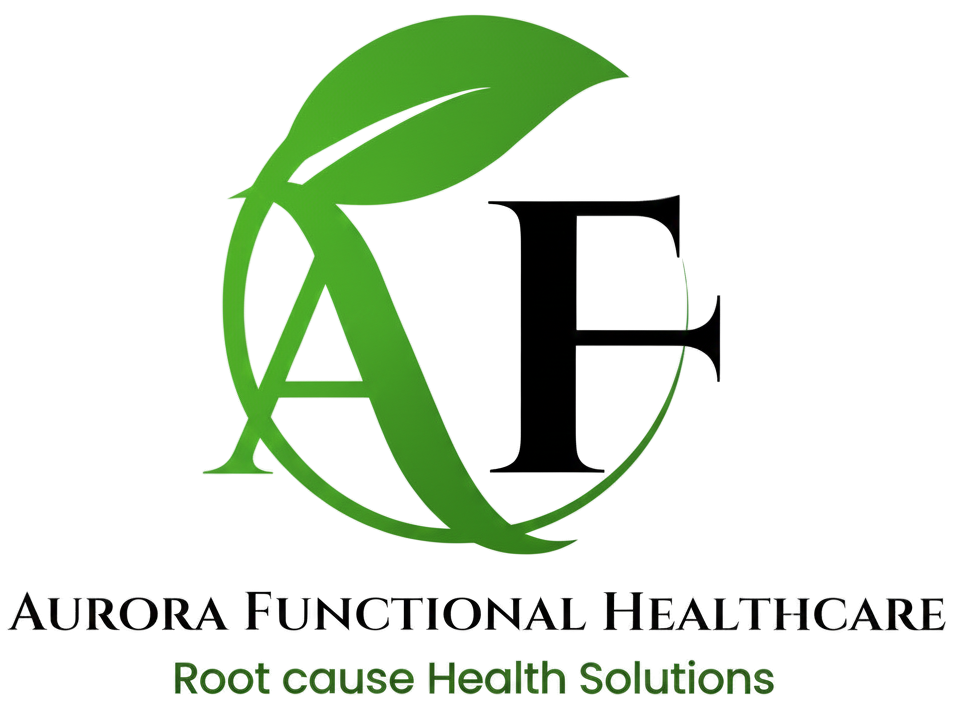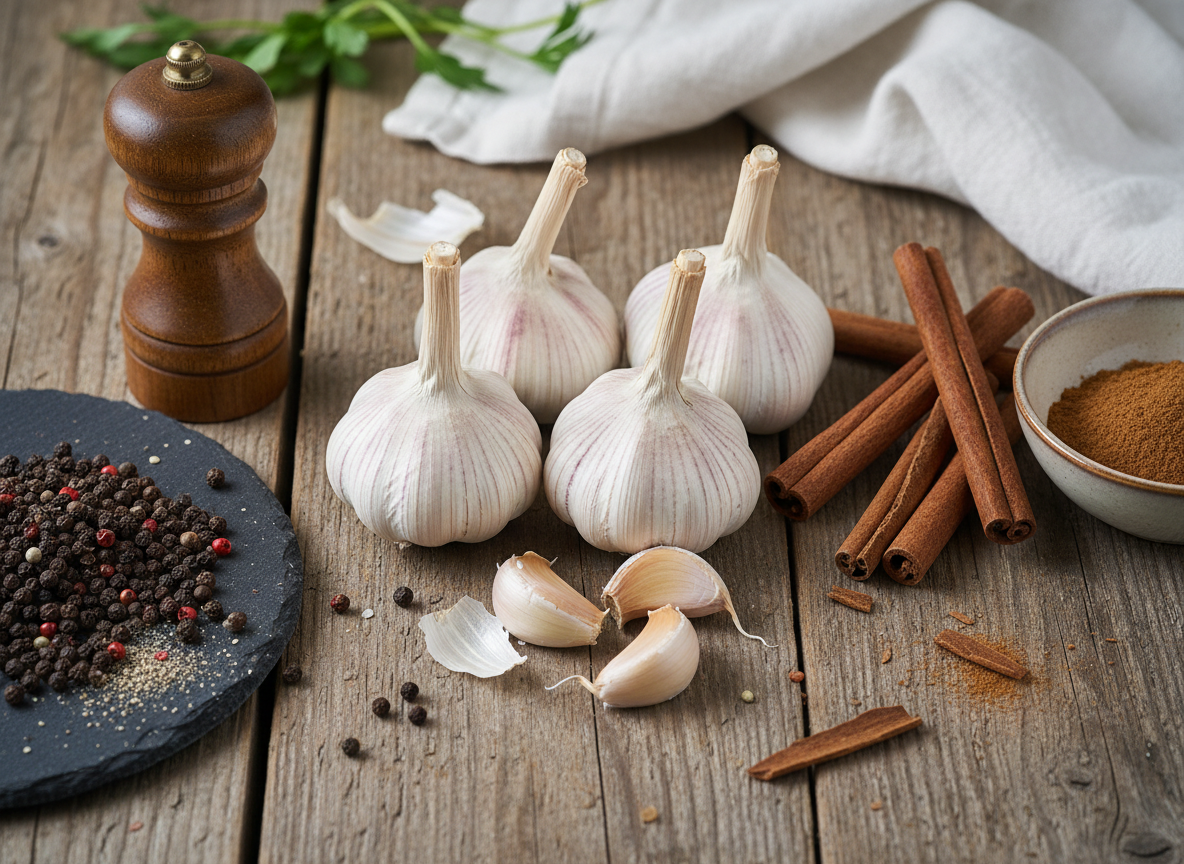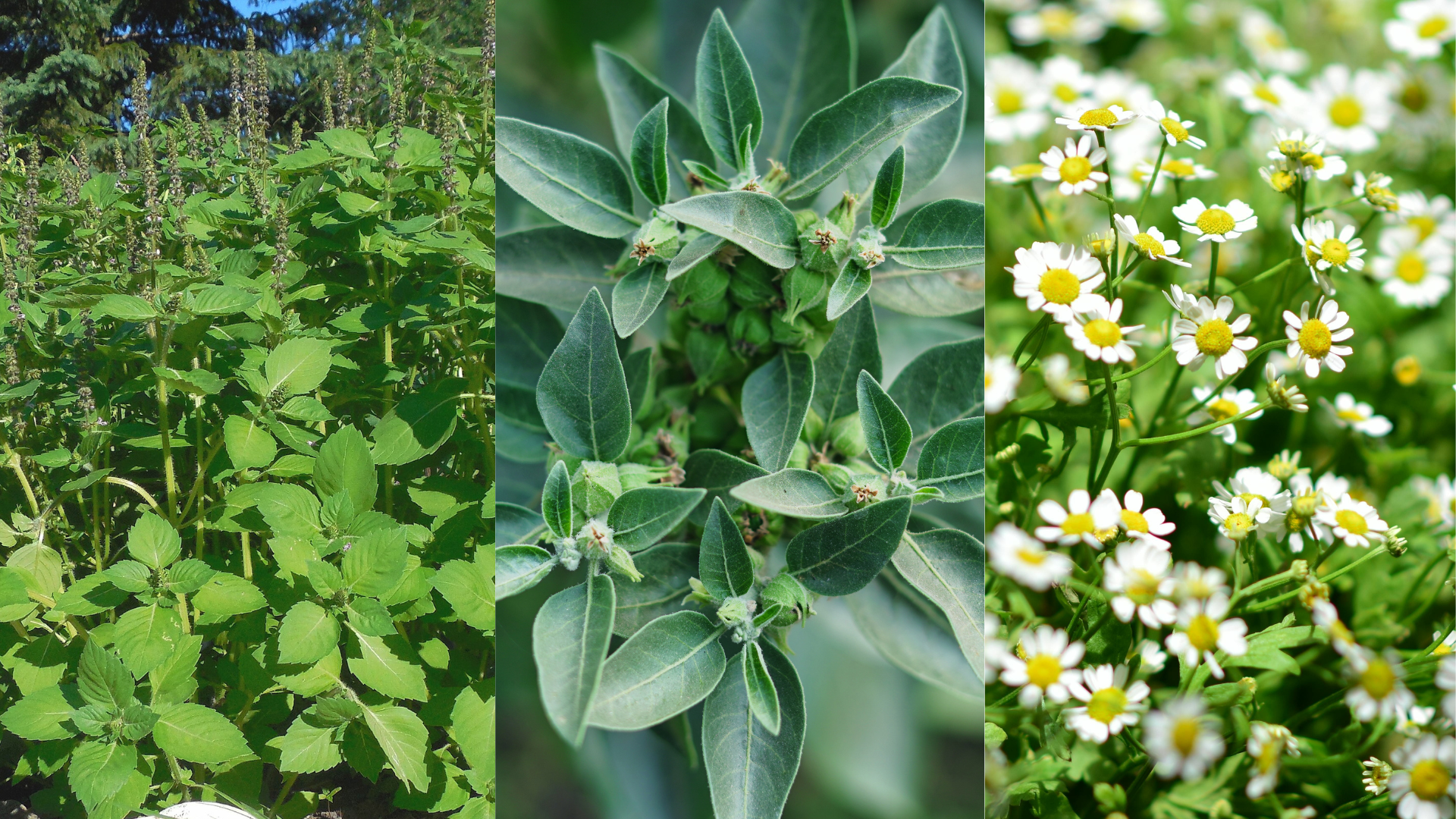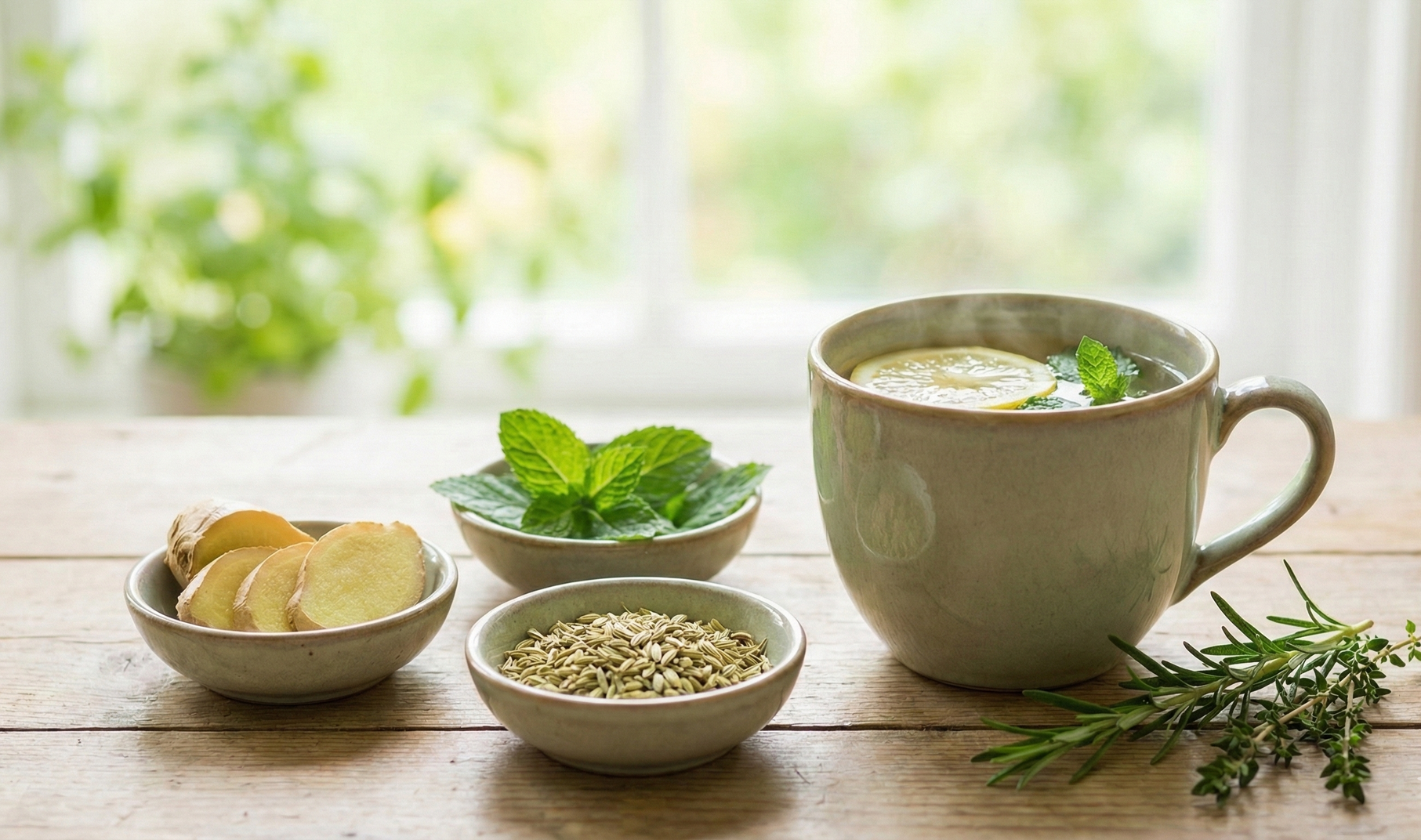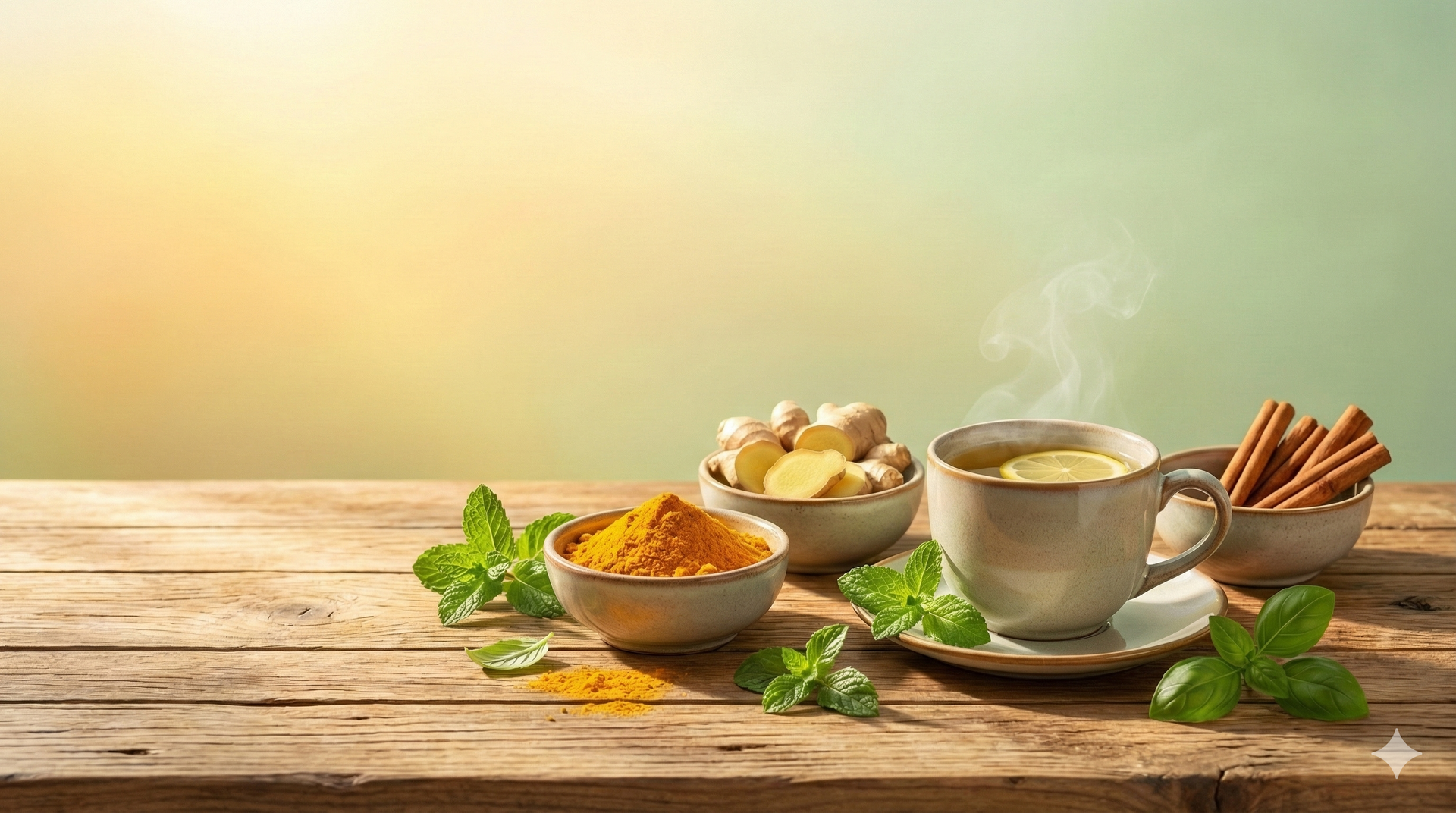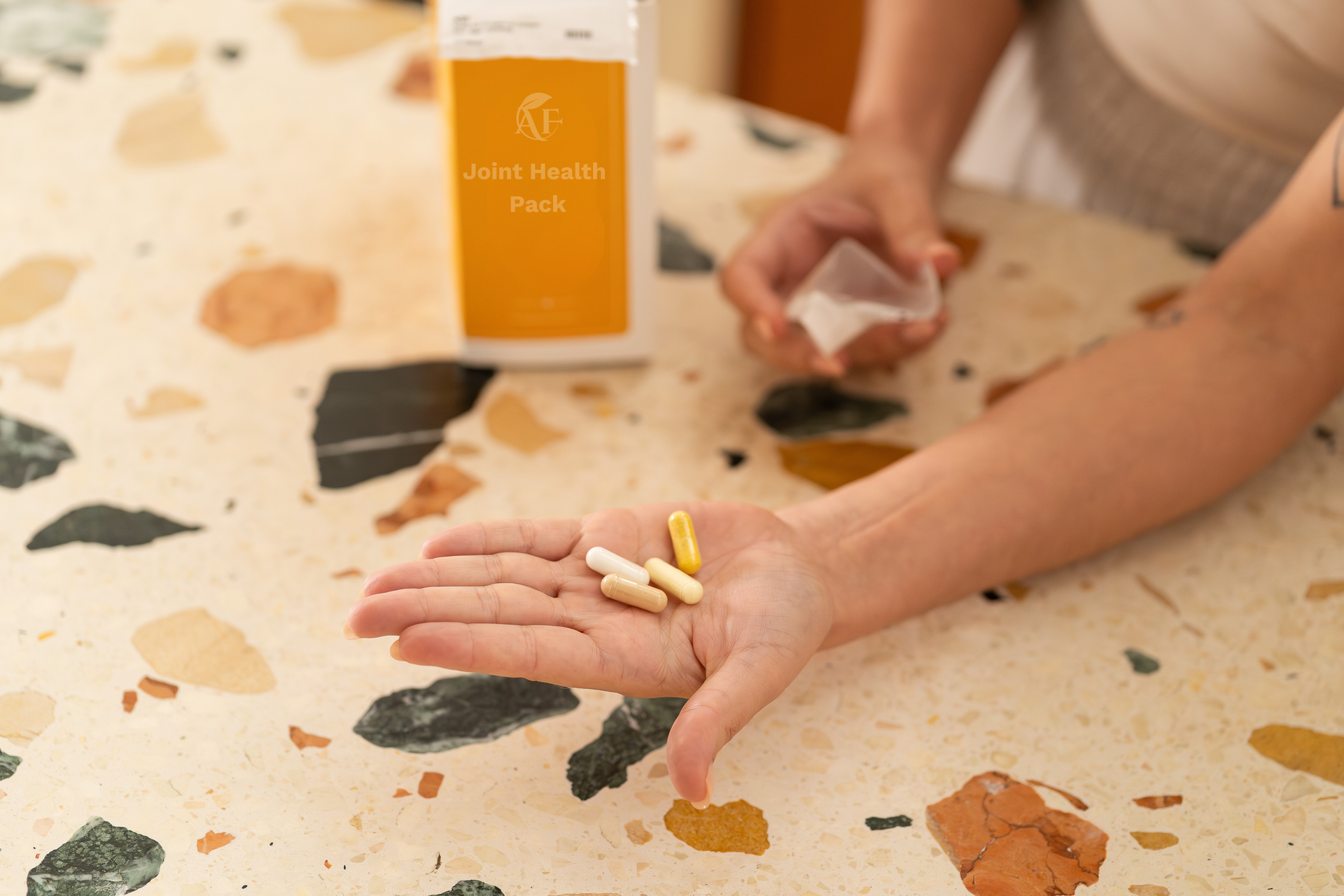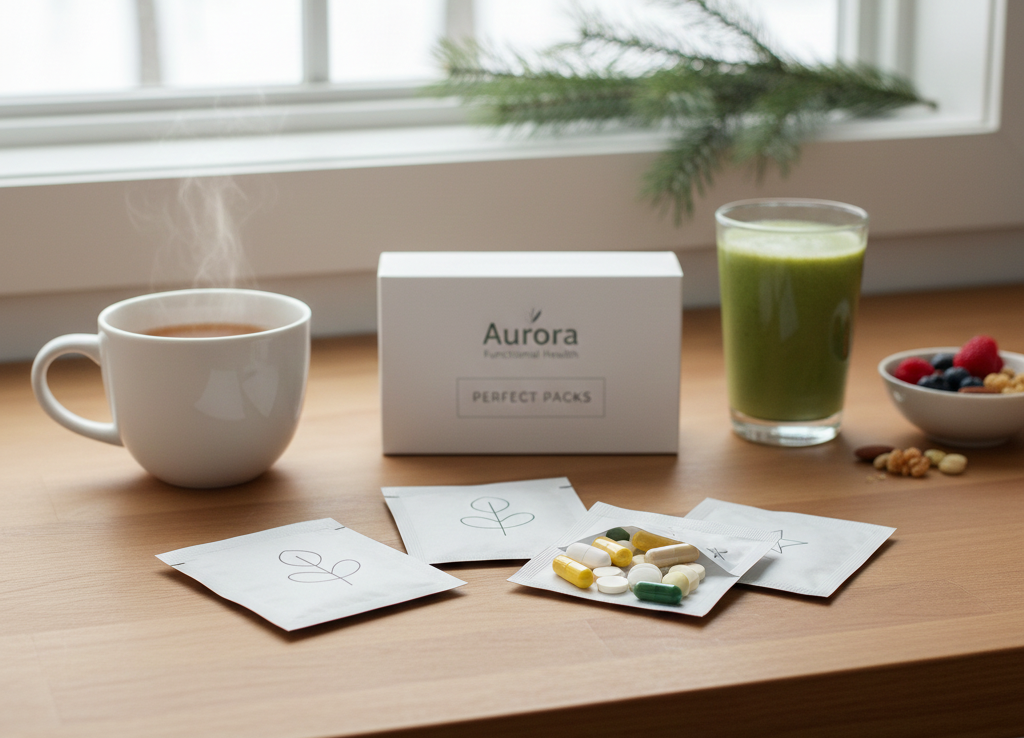Naturally Lowering Blood Pressure
A Holistic Approach
By Dr. Robin Sallee
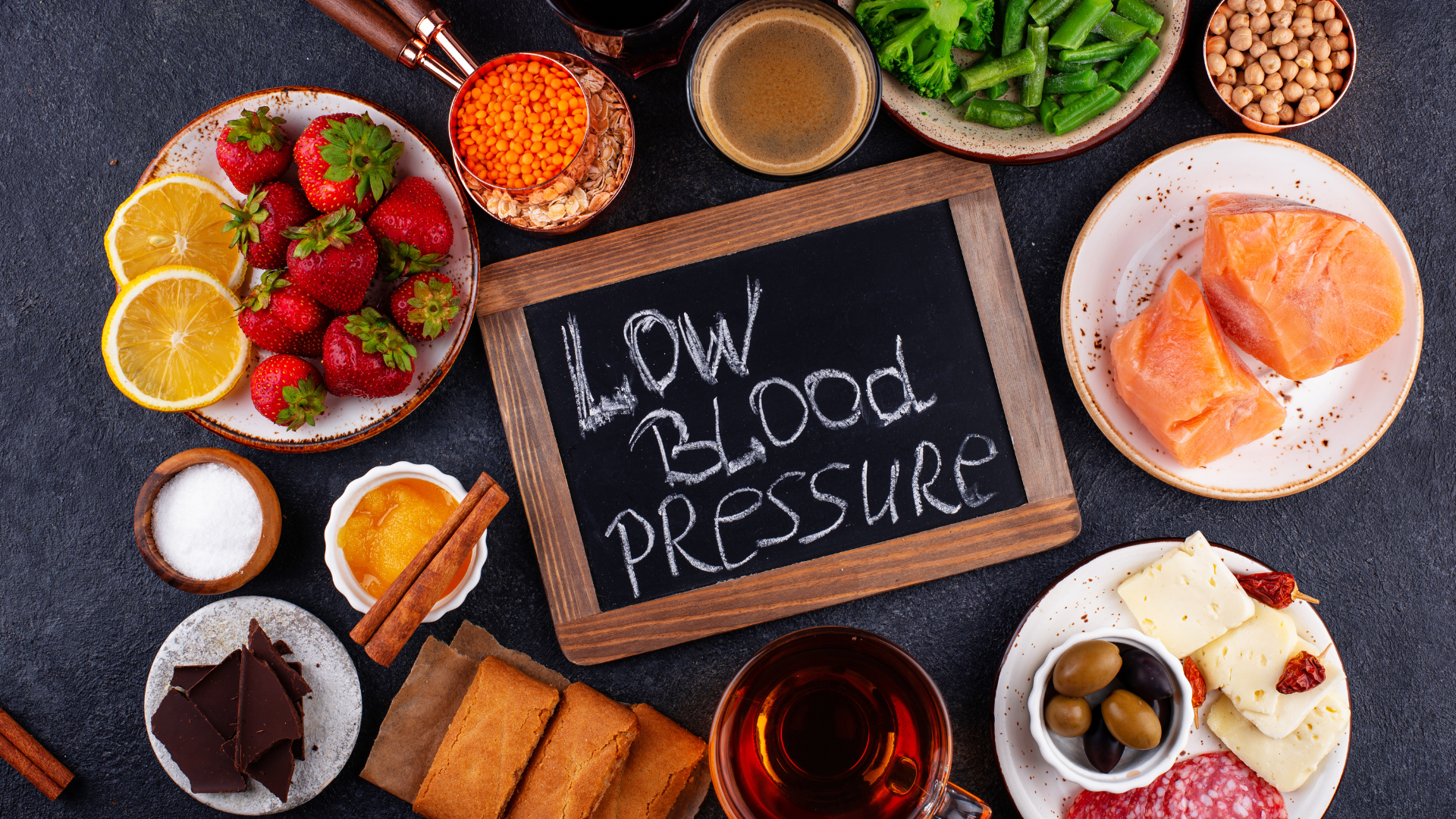
High blood pressure, or hypertension, is a common health issue that can lead to serious complications if left unmanaged. While medications are often prescribed, many natural approaches can help reduce blood pressure effectively. Here are some holistic strategies to maintain healthy blood pressure levels.
1. Adopt a Heart-Healthy Diet
What you eat has a significant impact on blood pressure. Consider these dietary changes:
Increase potassium intake – Foods like bananas, oranges, spinach, and sweet potatoes help balance sodium levels.
Reduce sodium consumption – Avoid processed and fast foods, opting for fresh, whole foods instead.
Eat more leafy greens and whole grains – These nutrient-dense foods support heart health and circulation.
Incorporate healthy fats – Avocados, nuts, and olive oil can help lower bad cholesterol and blood pressure.
2. Exercise Regularly
Physical activity helps strengthen the heart and improve circulation, which can naturally lower blood pressure.
Aerobic exercises – Walking, jogging, cycling, and swimming are excellent for cardiovascular health.
Strength training – Helps improve overall heart function and blood flow.
Yoga and stretching – Reduce stress and enhance circulation.
3. Maintain a Healthy Weight
Excess weight puts extra strain on the heart, raising blood pressure. Losing even a small percentage of body weight can have a significant impact on lowering hypertension.
4. Manage Stress Levels
Chronic stress can contribute to high blood pressure. Consider these stress-reducing techniques:
Meditation and mindfulness – Help regulate stress hormones and promote relaxation.
Deep breathing exercises – Encourage better oxygen flow and reduce tension.
Spending time in nature – Being outdoors can help calm the nervous system and lower blood pressure naturally.
5. Limit Alcohol and Caffeine
Excessive alcohol and caffeine consumption can raise blood pressure levels. Moderation is key:
Limit alcohol – No more than one drink per day for women and two for men.
Monitor caffeine intake – Some people are more sensitive to caffeine’s effects on blood pressure.
6. Stay Hydrated
Proper hydration supports circulation and kidney function, which in turn helps regulate blood pressure. Aim for at least 8 glasses of water daily.
7. Get Quality Sleep
Poor sleep patterns can contribute to high blood pressure. Improve your sleep hygiene by:
Setting a consistent bedtime
Avoiding screens before bed
Creating a relaxing bedtime routine
8. Try Herbal Remedies
Certain herbs have been shown to support healthy blood pressure levels:
Hibiscus tea – Contains antioxidants that may help lower blood pressure.
Garlic – Has natural blood-pressure-lowering properties.
Hawthorn – A traditional remedy for heart health.
9. Quit Smoking
Smoking damages blood vessels and raises blood pressure. Quitting smoking can lead to almost immediate improvements in cardiovascular health.
10. Monitor Your Blood Pressure Regularly
Keeping track of your blood pressure can help you identify trends and make necessary lifestyle adjustments.
Final Thoughts
Lowering blood pressure naturally is achievable through a combination of diet, exercise, stress management, and healthy habits. While these methods can be highly effective, always consult with a healthcare provider before making major lifestyle changes, especially if you have an existing medical condition. By taking a proactive approach, you can support your heart health and overall well-being.
